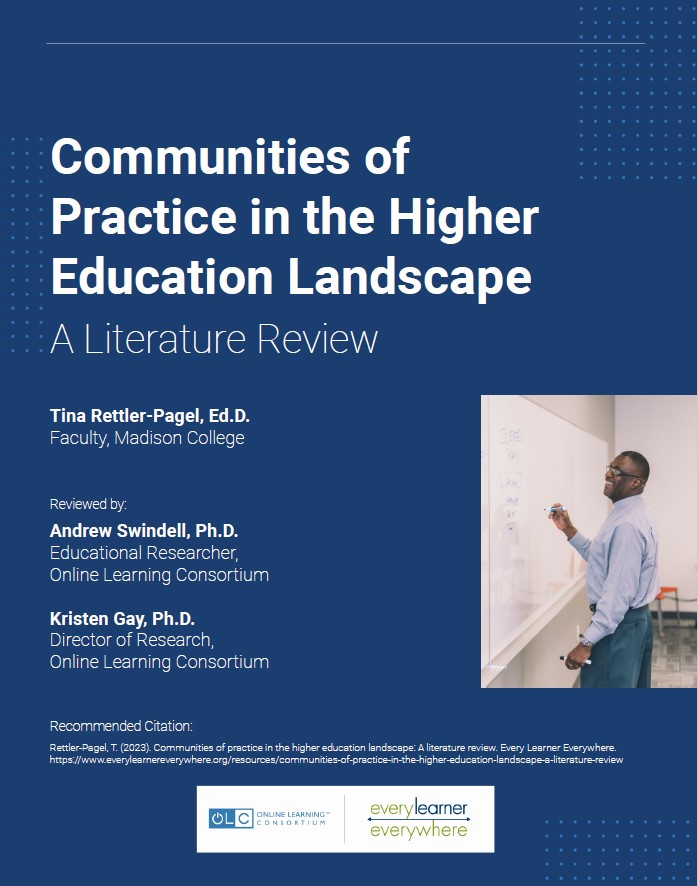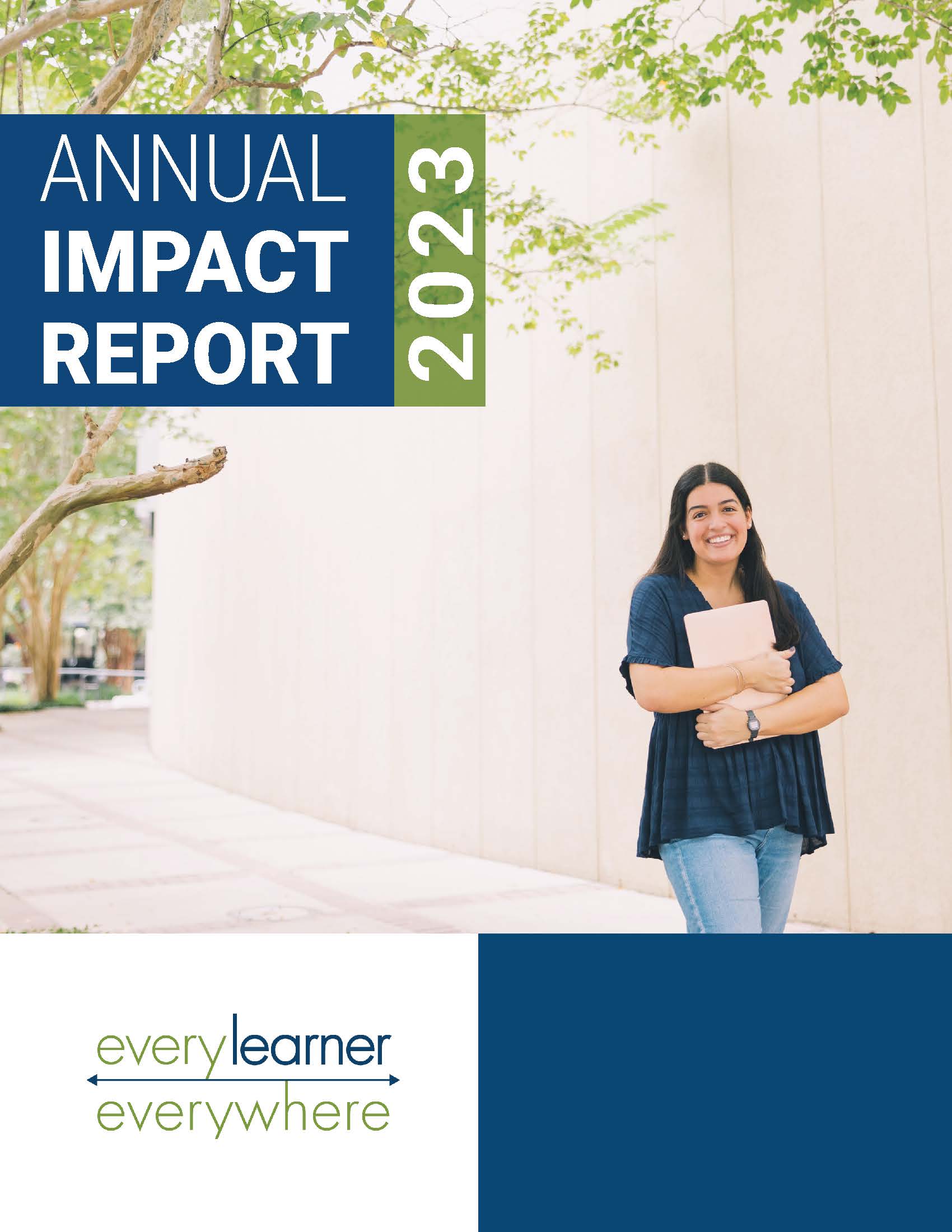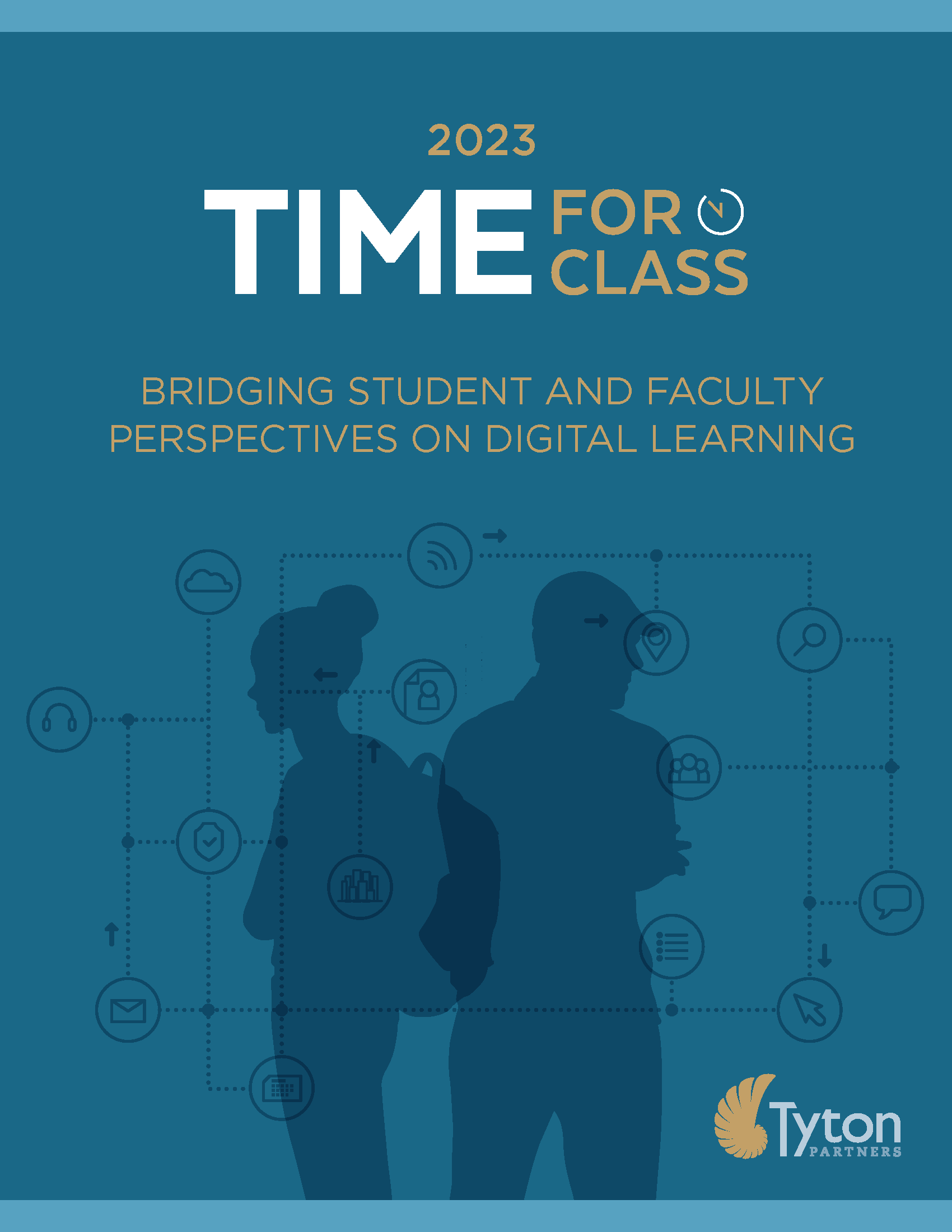Communities of Practice (CoPs) are self-managed groups of people who have chosen to connect through a shared interest to learn reciprocally to improve their practice or craft (Lave & Wenger, 1991; Wenger, 1998; Mercieca, 2017). Over time, these groups build a collegial relationship, through which they share experiences and ideas that nurture the group’s passion for the topic(s) at hand and develop a “repertoire of communal resources” (Wenger, 1998). CoPs are growing in recognition and importance as a framework for shared exploration of topics of interest as a model for professional development within the higher education landscape (Tight, 2015).
While CoPs exist within many different types of organizations and for many variations of employee roles and types, this literature review explores the multiple dimensions of CoP, including the history, growth over time, current trends, evidence of best practices, and their significance to the field. In particular, the scope of the literature review focuses on the use and practices of CoPs within online, blended, and digital learning spaces.
Download the Communities of Practice in the Higher Education Landscape Literature ReviewSee also the companion resource: Communities of Practice in Higher Education: A Playbook for Centering Equity, Digital Learning, and Continuous Improvement






